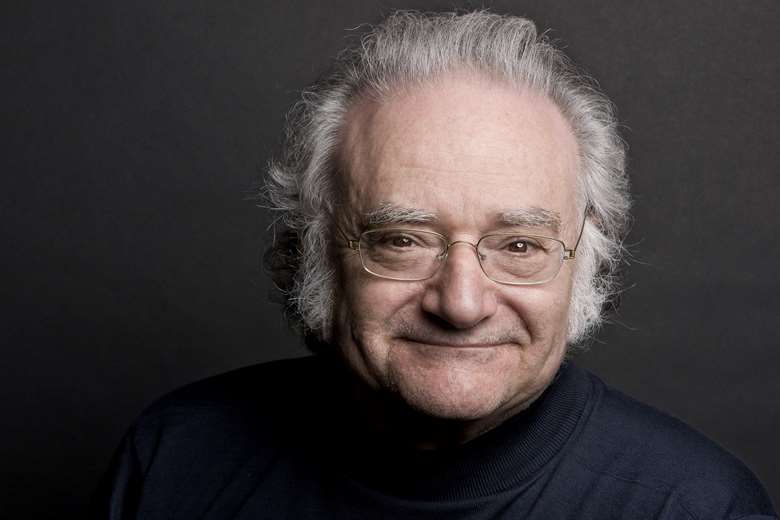Composer Carl Davis dies aged 86
Thursday, August 3, 2023
The composer and conductor behind the soundtracks for many great British films and television series died peacefully this morning

Carl Davis CBE, the composer and conductor behind the soundtracks for many great British films and television series, has died aged 86. Davis, who died peacefully this morning following a brain haemorrhage, created the much-loved music for dramas including Goodnight Mister Tom and Pride and Prejudice, as well as for silent films alongside many ballet and concert works.
In a statement released on Davis’s twitter account, the composer’s family said: ‘We are so proud that Carl’s legacy will be his astonishing impact on music. A consummate all-round musician, he was the driving force behind the reinvention of the silent movie for this generation and he wrote scores for some of the most loved and remembered British television dramas. He was a conductor and composer of symphonic works, as well as a notable writer for the ballet.
Davis’ is survived by his two daughters, Hannah and Jessie and three grandchildren, Molly, Fred and Alice. The family expressed their thanks to ‘the paramedics who assisted Carl and the Neurological ICU Team at the John Radcliffe Hospital in Oxford.’
Born in Brooklyn, New York City in 1936, Davis studied composition with Paul Nordoff, Hugo Kauder, and Per Nørgård and attended Bard College in New York. He gained conducting experience with the New York City Opera and the Robert Shaw Chorale. In 1959, Davis co-authored the revue Diversions, which won an Off-Broadway Emmy and brought him to the 1961 Edinburgh Festival.
Davis was then commissioned to write music for That Was The Week That Was, launching his UK career and paving the way for other radio and TV commissions, Moving to London in 1961, Davis wrote scores for the National Theatre and The Royal Shakespeare Company, as well as television series including The World at War, Hollywood, Goodnight Mister Tom and Pride and Prejudice (1995) and later Cranford and Upstairs Downstairs. Davis married the actress Jean Boht in 1970.
Davis’s film credits include The French Lieutenant's Woman (1981) and Abel Gance’s Napoleon. Following the success of Napoleon Davis wrote and reconstructed scores for over 50 silent films. He also created a number of ballets for companies including the English National Ballet, Tokyo National Ballet and the National Ballet of Croatia with his final ballet, Le Fantôme et Christine premiering at the Shanghai Ballet in May 2023.
In concert, Davis’s collaborations included a memorable The Last Night of the Proms with Dame Edna Everage and the London Symphony Orchestra in 1981 and Paul McCartney’s Liverpool Oratorio with the Royal Liverpool Philharmonic. Davis was awarded a CBE in 2005 and founded record label The Carl Davis Collection in 2009.
Sam Wigglesworth, director of performance music at Faber Music which has represented Davis for over three decades, said: ‘To spend time with Carl was an energising - often dizzying - joy. A typical conversation might range from his voracious love of orchestral repertoire and his deep knowledge of the history of ballet (passions that coloured every bar of his own dance scores), to vivid tales of his early life in Brooklyn, the surprising fact that he had once sought out the Danish modernist Per Nørgård for lessons, as well as endless and fascinating insights into his pioneering work on silent film scores. A consummate professional, Carl also had a wicked sense of humour (wonderfully illustrated by his cameo in the French and Saunders ‘Opera Divas’ sketch) and this Maestro was often at pains not to take himself too seriously. Few, if any, composers today can boast such an eclectic life in music, and our world will be a duller place without him.’